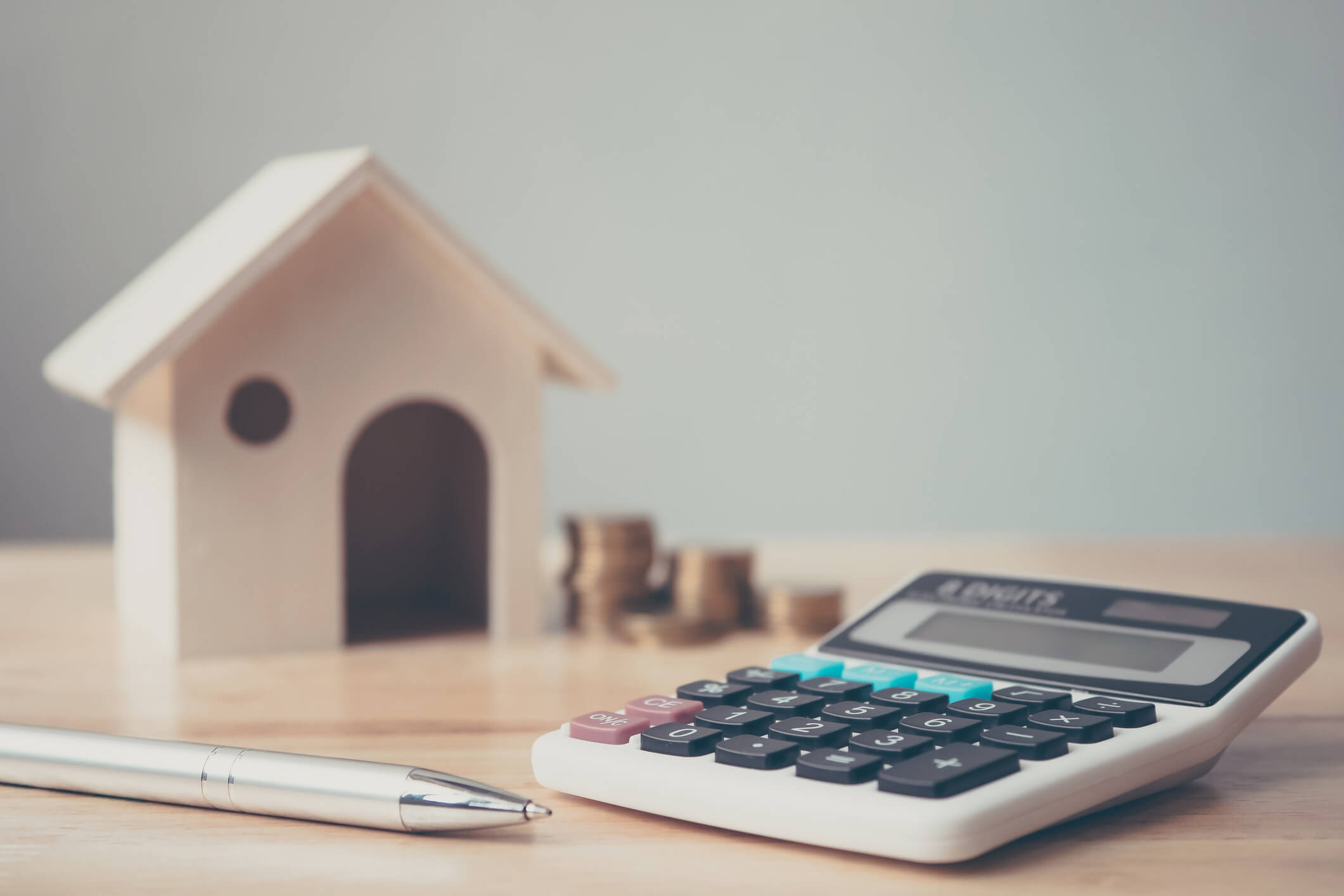The financial catch 22: how do you get credit, without any credit history? And how do you build up your credit history, without being able to get credit in the first place?
Your credit
Having no credit (aka a thin credit file) essentially means there’s little or no financial data about you for lenders to see.
When a lender considers giving you a loan or credit card, they’ll look at your credit history to see whether you fit the profile they’re looking for.
Your financial data is collected into a credit report and summed up by an overall score. The lender will look at this and decide whether you’re someone they want to lend money to. It’ll usually contain information regarding your borrowing history and outline how well you manage money.
Remember, you don’t just have one score and it varies depending on the credit reference agency you get your report from.
Why don't I have a credit history?
There are a few main reasons why you might not have any credit history. For example, you could have:
- been living outside of the UK, or have never lived in the UK
- just turned 18
- never borrowed before.
How to build up your credit file
It can be tricky to establish some form of credit history because, without anything to reference, lenders usually won’t lend in the first place. This is where a lot of people get stuck.
Some lenders specialise in helping people with no credit history build up their score with their financial products, but this isn’t a guarantee you’ll be approved. This is because it depends on what the lender is looking for in a borrower.
So, even if someone has a great score with perfect credit history, it doesn’t mean they’ll get what they apply for.
If you’ve been living outside the UK or have never lived in the UK
One thing to note is that because data protection laws vary from country to country, you won’t be able to transfer your credit history. So, if you’ve been living outside the UK or just moved to the UK, you’ll essentially have to start from scratch.
By registering on the electoral roll, you’ll be able to get started establishing your credit history. If you can’t be on the electoral roll, then you should register your proof of residency directly with an agency.
You can read on here for more information about how to do this.
If you’ve just turned 18 or never borrowed
There are a few things you can do to work on building your credit history. You could:
- open a current account, if you don’t already have one
- set up direct debits to pay your bills
- sign up to the electoral register
- sign up for a pay monthly mobile phone contract
- apply for a prepaid card that has a credit builder option - these cards don’t usually require credit checks but can help you build your score.
It could take a few months to see your efforts pay off in the form of a good credit score or improved credit history.
You can check your credit report online for free, so keep an eye on it and make sure your current details are up to date and there are no mistakes.
Credit builder products
It can be beneficial to get a credit builder credit card, to help show you’re a reliable borrower. These generally come with a lower and more manageable credit limit. They do tend to have a higher interest rate than mainstream products, to balance out the risk of lending.
However, by repaying your balance on time each month and staying within your credit limit, you will improve your credit score over time. This means you should then get access to credit products with better interest rates, including loans, credit cards, and a mortgage.
Other important things to remember...
When it comes to developing your credit history, continue to make your payments and pay your bills on time. If you’re looking to apply for a credit card or loan, use a soft search eligibility checker first to give you an idea of how likely it is you’ll be accepted, and avoid applying for too much credit, too quickly.
For more tips on fixing thin credit history, read on here.
Disclaimer: We make every effort to ensure content is correct when published. Information on this website doesn't constitute financial advice, and we aren't responsible for the content of any external sites.







